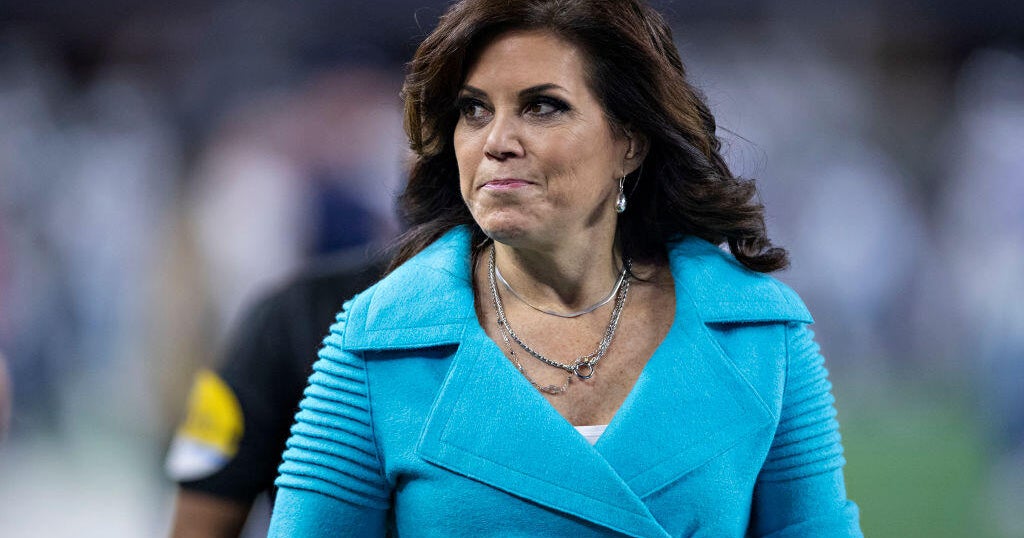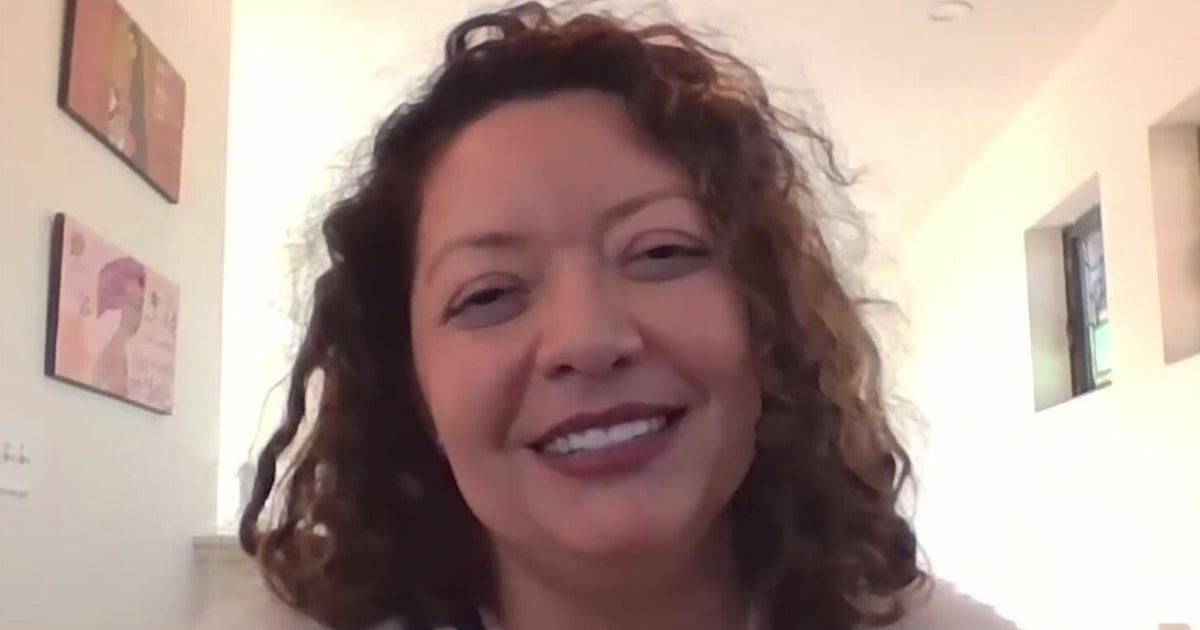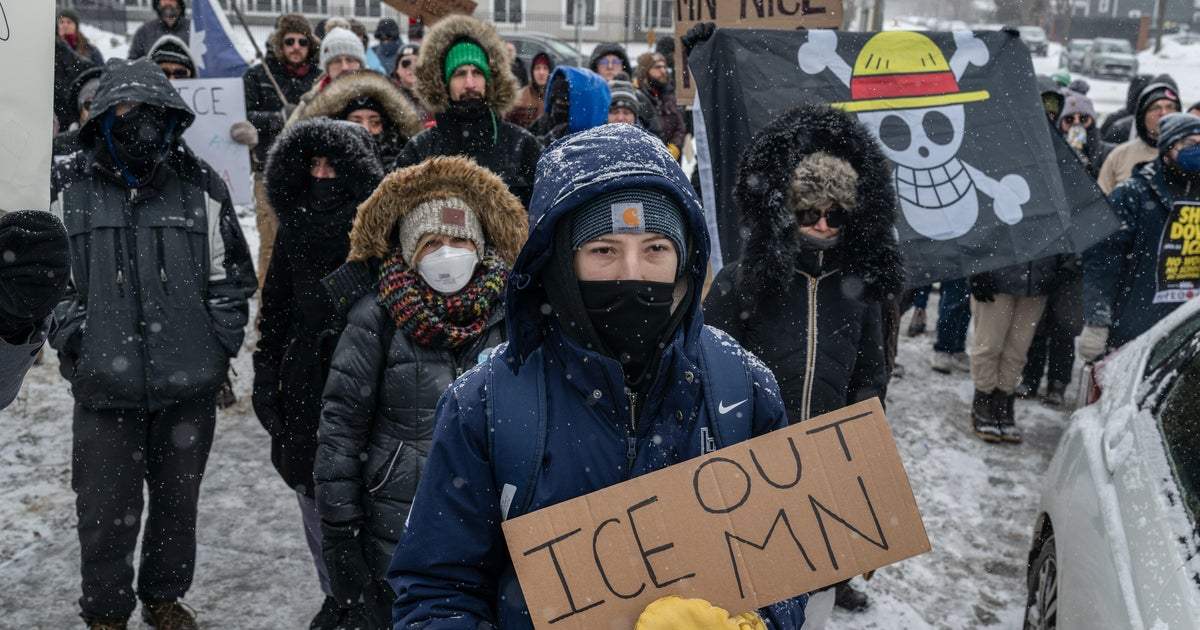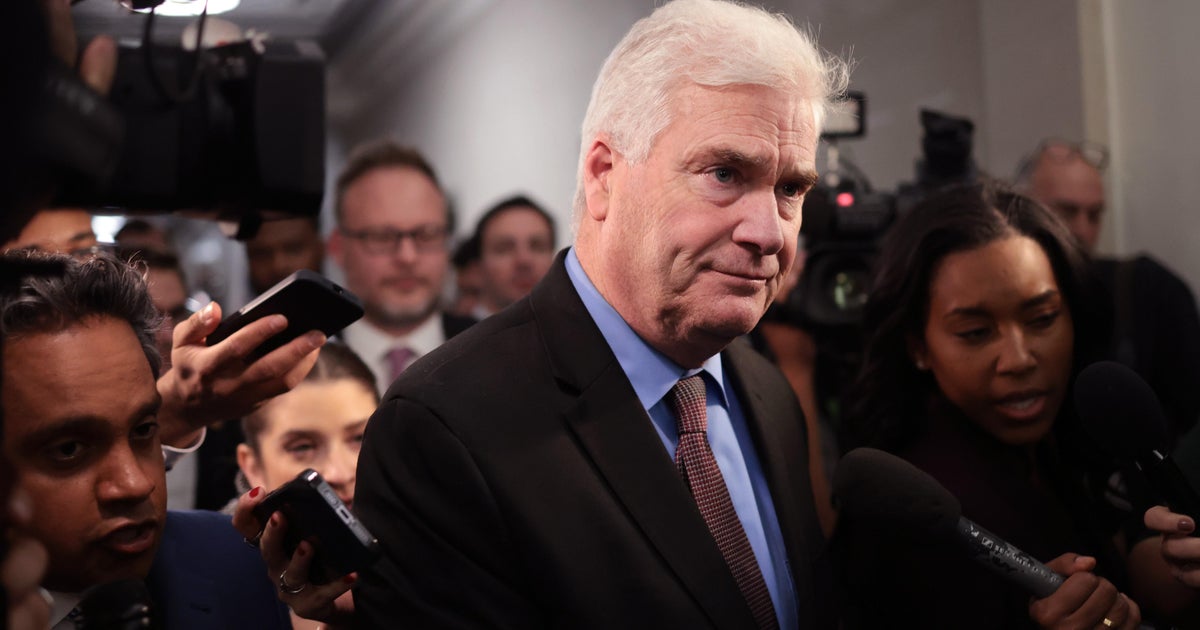Sessions unveils new task force targeting opioid manufacturers, distributors
Attorney General Jeff Sessions has unveiled the Department of Justice's latest task force as part of Sessions' ongoing campaign to combat the nation's crippling opioid epidemic. The Prescription Interdiction and Litigation Task Force, or PILS, aims to target opioid manufacturers and distributors who have contributed to the epidemic.
Sessions said through criminal and civil penalties, "whatever laws and tools we have" will be used to "hold people accountable if they break our laws."
The effort will have DOJ officials working closely with HHS as well as law enforcement officials at all levels to examine potential legislative and regulatory changes in existing laws.
According to the DOJ, the tasks force will include senior officials from the offices of the Attorney General, the Deputy Attorney General, and the Associate Attorney General, as well as senior officials from the Executive Office for U.S. Attorneys, the Civil Division, the Criminal Division, and the Drug Enforcement Administration.
Sessions said he is ordering the group to "examine existing state and lawsuits on manufacturers to determine where we can be of assistance."
The DOJ will also file a Statement of Interest in a multi-state lawsuit against number of opioid manufactures and distributors for allegedly using false and deceptive marketing for opioid drugs.
CBS News' Paula Reid reports that the DOJ is seeking to receive reimbursement for the costs it has incurred in the fight against opioids from any settlement reached in this case.
The plaintiffs include numerous cities, municipalities, and medical institutions that have borne the costs of the prescription opioid crisis, according to a statement from the DOJ. The Justice Department will primarily argue that the federal government--through various federal health programs and law enforcement efforts--has borne substantial costs from the opioid epidemic and seeks reimbursement.
"We will go to court to ensure the American people will see the compensation they deserve," Sessions said.
He said the DOJ will continue to attack the opioid crisis from "every angle" and bring down the number of prescriptions on the market today, including filing lawsuits for damages on behalf of victims.
Sessions added that the Department would be looking to see what other civil and criminal action they can take to stop drug manufactures and distributors, including the ability to pull professionals licenses if they're not complying with the law.
He also took Tuesday's announcement to announce the hiring of Mary Daly as the DOJ's Opioid Coordinator to lead the department's anti-opioid efforts. Daly previosuly served as a U.S. Attorney in New York and Virginia where she supervised narcotics units.
In an effort to curb the nation's crippling epidemic, Sessions has since unveiled efforts including increased funding and manpower for state and local law enforcement partners, a pilot program focused specifically on opioid-related health care fraud and more aggressive prosecution of opioid-related drug crimes.
Sessions has said that fighting the opioid epidemic is a priority of the Trump administration, as well as his Justice Department.
Sessions says DOJ can pull licenses
Sessions said the Department is looking to see what other civil and criminal action they can take to stop drug manufactures and distributors, including the ability to pull professionals licenses if they're not complying with the law.
He said the DEA and DOJ can file a lawsuit to pull licenses of any group or pharmacy violating the law as well as potentially file lawsuits for damages.
State AGs talk opioid epidemic
State attorneys general take the podium, thanking the Trump administration for their efforts in combatting the opioid crisis, offering their own perspective of the deadly impacts on their own states
Sessions announces next steps in opioid battle
Sessions announced that he has hired Mary Daly as the DOJ's Opioid Coordinator to lead the department's anti-opioid efforts. Daly previosuly served as a U.S. Attorney in New York and Virginia where she supervised narcotics units.
He then unveiled the DOJ's latest task force to target opioid manufacturers and distributors who have contributed to the epidemic.
Sessions says through criminal and civil penalties "whatever laws and tools we have" will be used to "hold people accountable if they break our laws."
The effort will have DOJ officials working closely with HHS and law enforcement officials at all levels and will aim to examine potential legislative and regulatory changes in existing laws.
Sessions said he is ordering the task force to "examine existing state and lawsuits on manufacturers to determine where we can be of assistance."
DOJ will also file statement of interest in a lawsuit against number of opioid manufactures and distributors for allegedly using false and deceptive marketing for opioid drugs
"We will go to court to ensure the American people will see the compensation they deserve," Sessions said.
He said the DOJ will continue to attack the opioid crisis from "every angle" and bring down the number of prescriptions on the market today.
Sessions on opioid crisis
Sessions said 2017 was "worse maybe not so large" but still an increase in opioid-related deaths than the year prior.
"President Trump has made ending this crisis a priority for his administration and taken action from the beginning of his administraiton," he said.
Sessions highlights the administration's successes in creating enforcement teams, prosecuting opioid-related crimes and cracking down on purchases of opioids on the dark web.
Sessions takes podium
AG Jeff Sessions thanks the state attorneys general for coming. He says each of them has made committing opioid abuse a priority and shone outstanding leadership.
He calls White House aid Kellyanne Conway a great "force" in the administration's efforts to combat opioid abuse.





